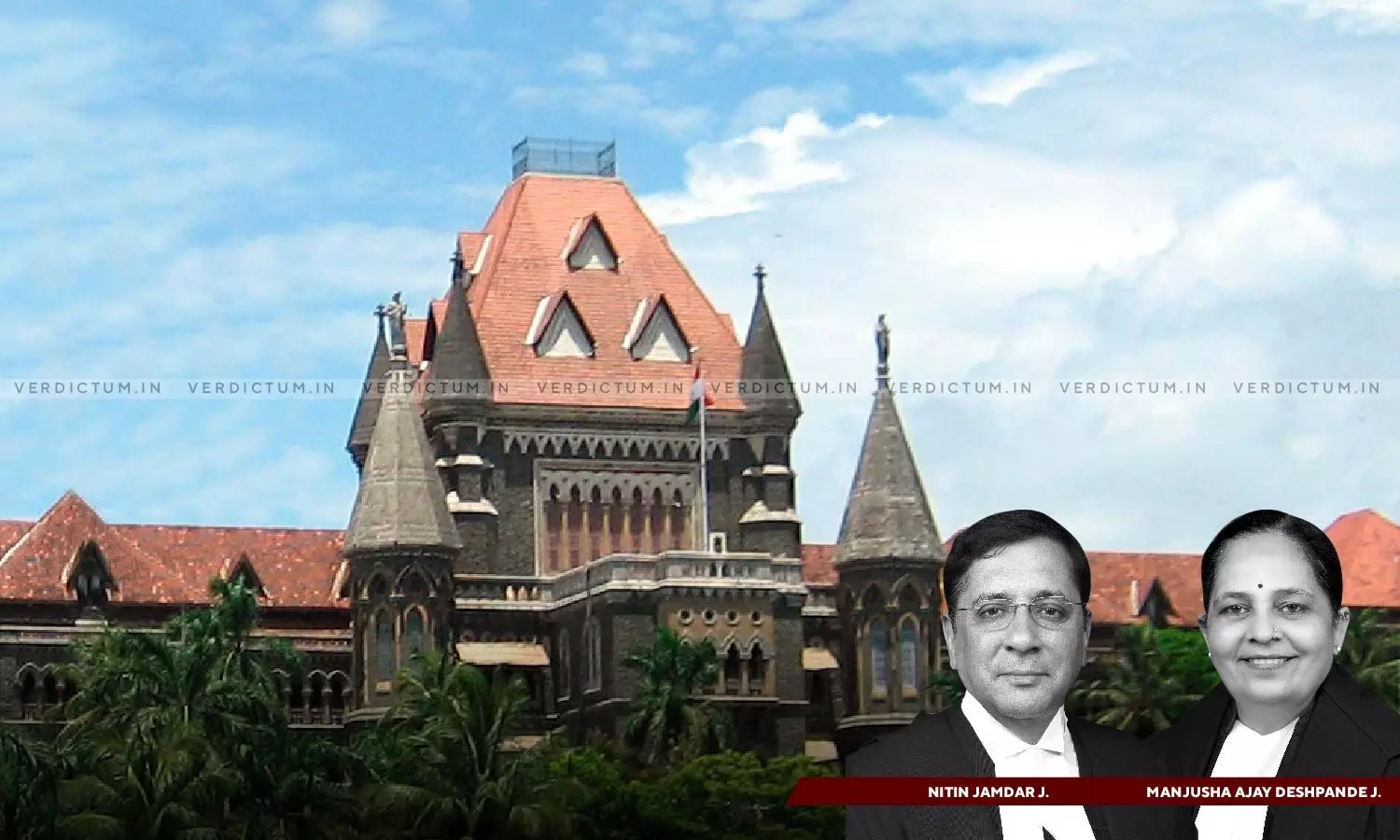
Bombay HC Approves State's Decision To Allow Maratha SEBC Candidates To Apply Under EWS For Government Jobs
 |
|The Bombay High Court has held that people from the Maratha community who applied for various State government jobs advertised in 2019 from the Socially and Economic Backward Class can be considered for the Economically Weaker Sections (EWS) category.
In light of the same, the Bench of Justice Nitin Jamdar and Justice Manjusha Deshpande, striking down an order which had discarded the State Government's position allowing SEBC candidates to apply under the EWS category, observed that, "The central question before the Tribunal was whether the facts and circumstances of the present case justified such a deviation. The impugned order has wrongly concluded that the eligibility and qualification were changed retrospectively due to the impugned GRs."
Senior Advocate VA Thorat, GP PP Kakade and AGP MM Pable appeared for the petitioner-State, while Counsel Saurav N Katkar, along with others, appeared for the respondents.
In this case, petitions were filed challenging a 2023 order by the MAT (Maharashtra Administrative Tribunal) related to recruitment in the Tax, Forest, and Engineering services Departments of the State.
In May 2021, the Supreme Court had invalidated provisions of the Maharashtra SEBC Act, 2018, which had granted reservations to the Maratha community, exceeding the 50 percent quota limit established in the 1992 Indra Sawhney (Mandal) judgment.
Following the Supreme Court's decision, the State government extended the EWS (Economically Weaker Sections) quota to candidates in the SEBC category. Resolutions were passed, permitting SEBC candidates to apply for public posts under the EWS category in the ongoing recruitment process.
The MAT, however, challenged these resolutions, disqualifying candidates who had already applied under the EWS category. The disqualified candidates contested this decision in the High Court, arguing that the MAT wrongly concluded that the government resolutions could not be applied retroactively.
The High Court observed that the impugned order has wrongly concluded that the eligibility and qualification were changed retrospectively due to the impugned GRs. In furtherance of the same, it was observed that, "The impugned order to bifurcate the list ignored the multi-cadre selection adversely affecting the entire process. The generalised observations in the impugned order that SEBC candidates from the Maratha community scored higher marks imply that they were never entitled to SEBC reservation exceeded the scope of the service dispute and were unnecessary. The impugned order has deviated from established legal principles, leading to cascading effects and negatively impacting a substantial number of candidates."
It was further observed that the consequence of the impugned order was that the candidates who belonged to the economically weaker section despite securing higher marks were disqualified, which created an inequitable situation.
Accordingly, the petitioners were allowed.
Cause Title: Shri Akshay Ashok Chaudhari & Ors. vs Government of Maharashtra & Ors.
Click here to read/download the Judgment